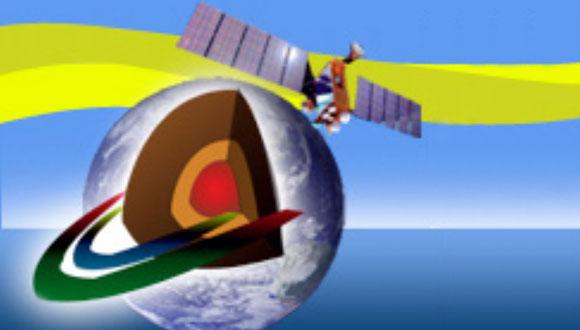Geosciences Dept. Seminar: A Martian Origin for the Mars Trojan Asteroids
Dr. David Polishook, The Weizmann Institute
Abstract:
Seven of the nine known Mars Trojan asteroids belong to an orbital cluster named after its largest member, (5261) Eureka. Eureka is probably the progenitor of the whole cluster, which dynamical calculations suggest it formed at least 1 Gyr ago, up to the age of the Solar System. It has been suggested that the thermal YORP (Yarkovsky–O'Keefe–Radzievskii–Paddack) effect spun up Eureka, resulting in fragments being ejected by the rotational-fission mechanism. Eureka’s spectrum exhibits a broad and deep absorption band around 1 μm, indicating an olivine-rich composition.
Here we show evidence that the Trojan Eureka cluster progenitor could have originated as impact debris excavated from the Martian mantle. We present new near-infrared observations of two Trojans (311999 and 385250) and find that both exhibit an olivine-rich reflectance spectrum similar to Eureka’s. These measurements confirm that the progenitor of the cluster has an achondritic composition. Olivine-rich reflectance spectra are rare amongst asteroids but are seen around the largest basins on Mars. They are also consistent with some Martian meteorites (for example, Chassigny) and with the material comprising much of the Martian mantle. Using numerical simulations, we show that the Mars Trojans are more likely to be impact ejecta from Mars than captured olivine-rich asteroids transported from the main belt. For the first time, this result directly links specific asteroids to debris from the forming planets.
This study was recently published by Polishook et al. 2017 in Nature Astronomy 1, 179.
Seminar Organizer: Prof. Eyal Haifetz


